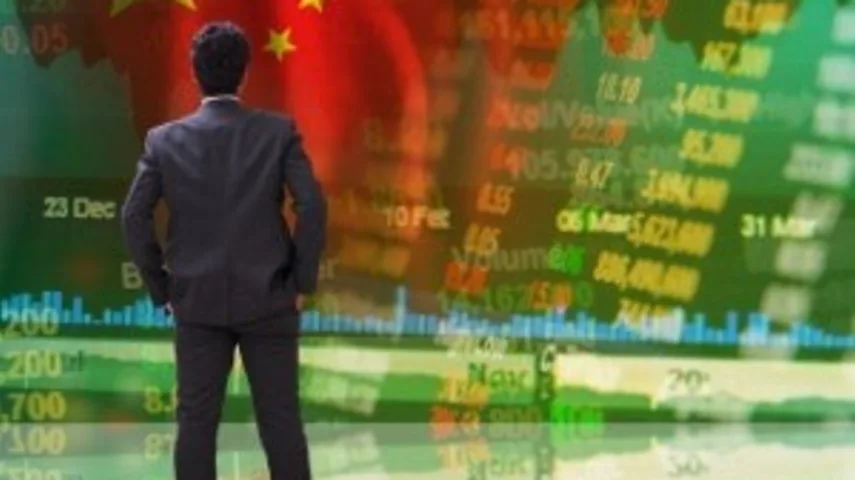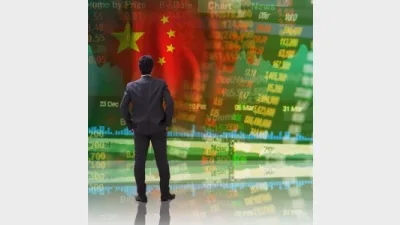China macro factors on investors’ radar



The macro factors, including China, global monetary tightening and trade disruptions, are among the key negative trends that will impact the global economy, according to T.Rowe Price.
Speaking at an investment outlook lunch yesterday in Sydney, T.Rowe Price’s head of international fixed income, Arif Husain, said that the global economy could go one of two ways: “very positive” or “very negative.”
On the positive side, according to Husain, was Donald Trump and his domestic policy which would represent a “positive case for the global economy”, provided he could deliver what he had talked about earlier, including tax cuts, infrastructure, or reflation.
“Positive case for the global economy is very simple – it’s called Donald Trump and his domestic policy,” he said.
However, Husain also mentioned Trump and his international policy, understood as possible trade disruption, as one of the key negative risks, along with the Chinese economy and global monetary tightening.
“The first one is China and I think personally that’s the thing I would worry the most. I think it has the most dominant effects we see in the global economy at the moment,” he warned.
Husain stressed that what was happening in China had huge implications for the rest of the world and indicated to events such China’s intervention in 2016 to lift the economy by unleashing a huge fiscal package, the current amount of leverage in the Chinese economy and the impact the Chinese economy had on Europe, highlighting the positive correlation between German manufacturing purchasing managers’ interest (PMI) and Chinese imports.
“One thing that I know about China is that they’ve proved they can’t calibrate their responses. It’s either boom or bust.
“The question is: are they slowing the economy down from seven down to six or is it going down back to four-three,” he said.
On emerging markets Husein said it would continue to be a case by case story but from a valuation perspective, emerging markets looked interesting.
“For us, if we buy emerging markets fixed income together in terms of the return seeking assets, we’d rather buy those emerging markets countries that are on the white side of the change,” he said.
“There is a whole bunch of emerging markets countries with high rates and they are cutting them.
“There are some opportunities, again I think you need to be specific. You need to do your work over the particular countries, but I think emerging markets are particularly interesting.”
Recommended for you
Global asset manager Janus Henderson could be acquired after receiving a non-binding acquisition proposal jointly from a private investment firm and venture capital firm.
Investment manager Salter Brothers has partnered with private equity firm Kilara Capital to launch an Australian sustainable investment platform focusing on decarbonisation.
Fresh off launching three active ETFs to the Australian market, Avantis Investors is already planning to expand its range with two further products next year.
Ausbil is growing its active ETF range with an ESG product in collaboration with sister company Candriam.












